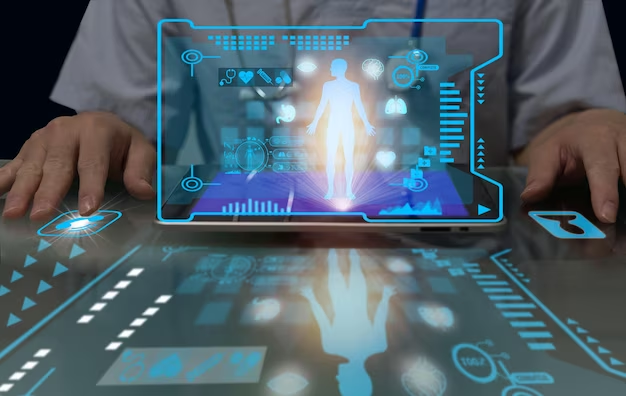How Digitalization is Transforming Cancer Treatment: A New Era of Hope

Cancer remains one of the most challenging diseases of our time, but in recent years, the tide has begun to turn thanks to the power of digitalization. From early diagnosis to personalized treatment plans and remote patient monitoring, digital tools are revolutionizing the way cancer is detected, managed, and treated. Here’s how digital transformation is making a real difference in the fight against cancer.
1. Precision Diagnosis Through AI and Machine Learning
Artificial Intelligence (AI) and machine learning algorithms are now capable of analyzing complex medical data — including radiology images, pathology slides, and genomic data — with remarkable accuracy. These tools help doctors detect cancer earlier and more precisely than ever before.
Example: Google’s DeepMind developed an AI model that can outperform radiologists in breast cancer detection, reducing false positives and false negatives significantly.
2. Personalized Medicine & Genomic Profiling
Every cancer is unique — and digital technology enables clinicians to tailor treatments based on a patient’s individual genetic makeup. With next-generation sequencing (NGS) and bioinformatics, doctors can identify specific mutations driving a tumor and prescribe targeted therapies that are far more effective and have fewer side effects.
3. Telemedicine & Remote Care
Telemedicine platforms have become a lifeline for cancer patients, especially during the COVID-19 pandemic. Patients can now consult with oncologists, receive second opinions, and manage symptoms without the need to travel. This is particularly valuable for those undergoing long-term treatment or living in remote areas.
4. Digital Therapeutics & Mental Health Support
Cancer treatment isn’t only physical; it takes a mental and emotional toll. Digital platforms and mobile apps now offer guided therapy, mental health support, and community engagement tools to help patients navigate the psychological challenges of a cancer diagnosis.
5. Real-Time Monitoring Through Wearables & IoT
Smart wearables and Internet of Things (IoT) devices can track vital signs, activity levels, and treatment side effects in real-time. This allows oncologists to monitor patients continuously and adjust treatments proactively, improving outcomes and quality of life.
6. Big Data and Predictive Analytics
Hospitals and research institutes are leveraging big data to uncover trends, identify risk factors, and develop predictive models. This accelerates clinical trials, supports epidemiological studies, and helps in early detection programs by identifying at-risk populations.
7. Blockchain for Secure Medical Records
Secure access to medical data is essential in cancer treatment. Blockchain technology is being explored to ensure patients’ medical histories are easily accessible, tamper-proof, and shared safely among different care providers, enhancing care coordination and efficiency.
